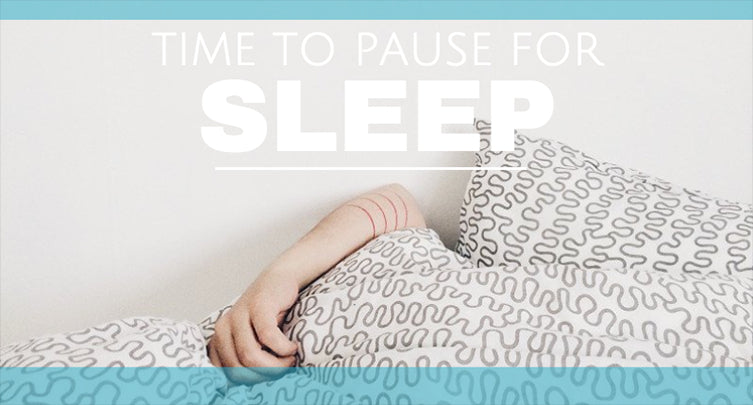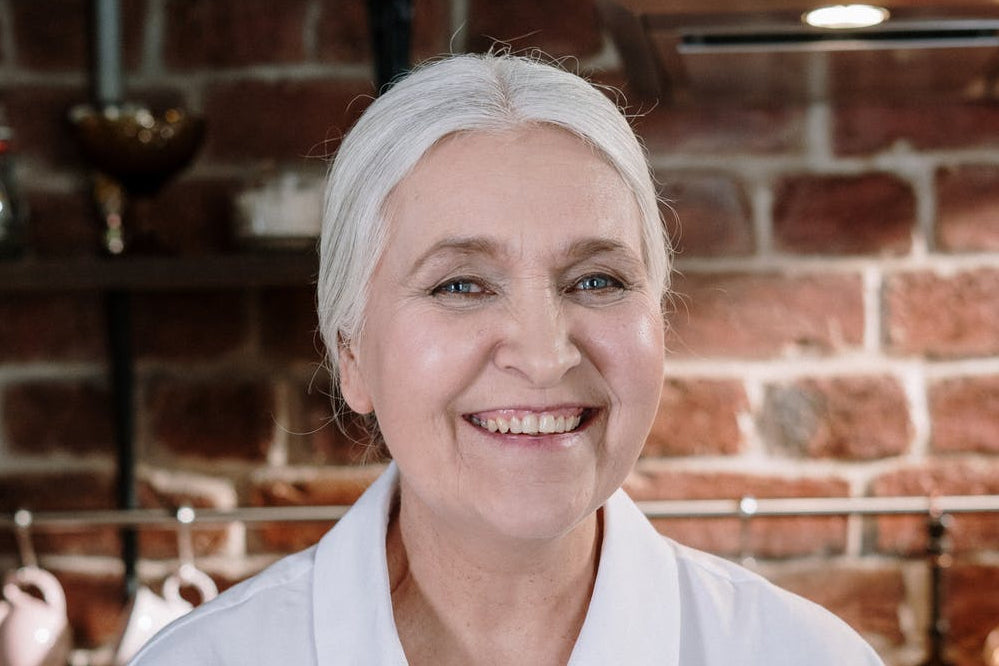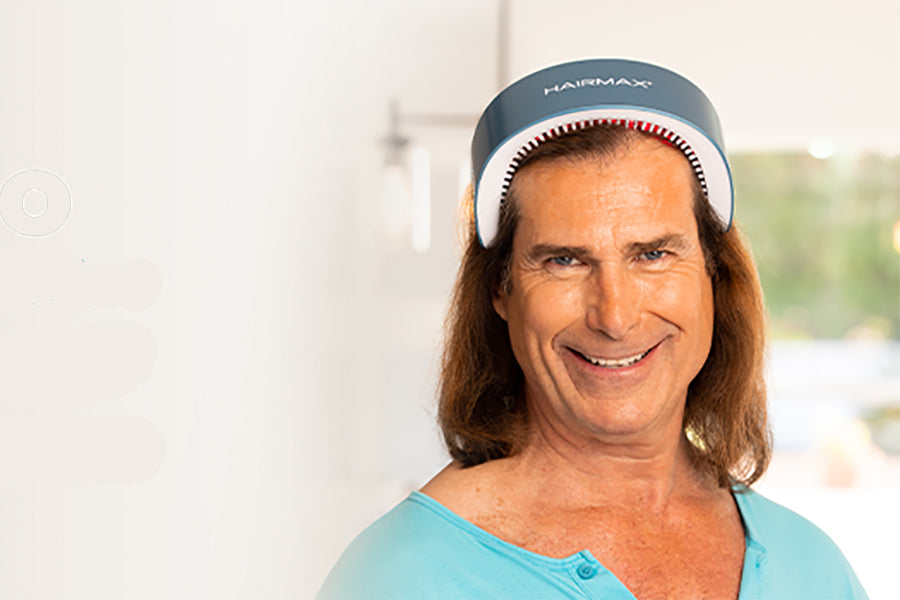Did you know that 1 in 3 adults get less than 7 hours of sleep a night? Do you know how many hours you got last night? If you’re holding your second coffee and counting out on your fingers the hours you got, you need to read these eye-opening facts about the effects of sleep on your body and hair.
Insufficient sleep is quickly becoming a public health problem and has been linked to many things including diabetes, high blood pressure, depression and even an alarming amount of car accidents! Recent studies also show a connection between sleep deprivation and hair loss.
Here are some noteworthy health issues and sleep deprivation facts:
- One study found that reduced sleep time is a greater mortality risk than smoking, high blood pressure, and heart disease.
- Cutting back as little as 1 ½ hours one night can reduce your daytime alertness by as much as 32% effecting your ability to think and process information.
- It is estimated that drowsy driving each year is responsible for at least 100,000 crashes, 71,000 injuries and 1,550 fatalities !
- That makes sense considering a recent study shows that after 24 hours without sleep, your body is in the same state it would be in at a blood alcohol concentration of 0.1%, keeping in mind 0.08% is considered legally drunk.
Some potential long term health consequences of sleep deprivation include:
- High blood pressure
- Heart attack
- Stroke
- Obesity
- Depression and mood disorders
- Poor quality of life
- Mental impairment
How can something as simple as sleep be connected to so many problems?
Well, it has been shown that your body’s immune function, collagen production, physical and metal stamina are all affected by your sleeping patterns. Since our hair is very sensitive to changes in our bodies, a disruption in your biological or hormonal balance can have consequences on your hair health. Therefore, not giving your body the amount of time to reboot each night can cause a lot of stress and it is said that stress can trigger the onset of hereditary hair loss and accelerate its progression.
Cortisol is the “stress hormone” that tells your body that it needs to be awake and alert. Naturally, cortisol levels should be highest when you wake up and decrease throughout the day. Once this happens, your body starts to produce the “sleep hormone” melatonin, which tells your body it’s time for sleep. If your cortisol levels are out of balance, it makes it difficult to relax and fall asleep which is when your body is able to repair itself and remain healthy. In a state of elevated cortisol levels that lead to disrupted sleeping patterns you can start to experience a range of health concerns.
Additionally, other physiological issues stemming from exhaustion can also potentially cause you to develop or worsen skin conditions, like psoriasis and eczema, and compromise your skin’s elasticity making it duller and more noticeable fine lines.
In other words, if you keep skimping on sleep done day you might wake up and feel as though you look like you aged over night!




Share:
What the Term ‘Clinically Proven’ Means in Choosing a Hair Loss Product
Are Laser Hair Loss Treatments Right For you?